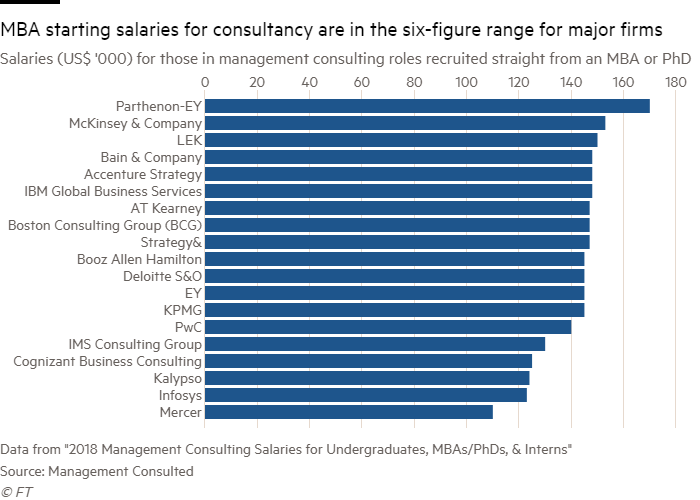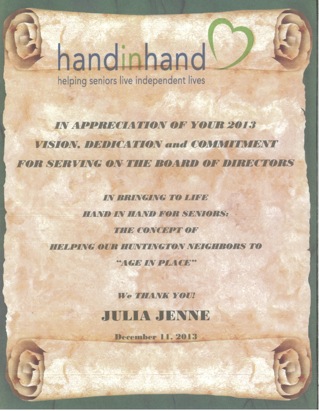
PA Consulting is a professional services firm that works with the public, private, and third-sector sectors. It was established in 1943 by Dr. David Seymour and Ernest E. Butten. They developed a new approach to people management during World War II to improve productivity in munitions factories. Today, the PA Consulting Group has offices in New York City, London, and Washington D.C.
Employees
PA Consulting employees rate PA Consulting's compensation as 3.4 stars. These ratings were obtained from PA Consulting employees who completed surveys. Employees are also asked about their company's workplace culture and benefits. PA Consulting is generally considered a great place for employees to work. However, some employees voice concerns in certain areas.
PA Consulting was established in 1943. There are currently 14 offices worldwide and more than 300 employees. It serves clients across many industries such as media, defense and energy, finance, life sciences, health, and financial services.
Localities
The PA Consulting Group has an office in Cambridge, Massachusetts. It is located near the University of Massachusetts Boston. The offices are near the Collaborative Institute. Tamara Greenlaw (who serves on the company's Council of Advisors) is part of its management team. She also serves as the chair of the firm's Board of Directors.

PA Consulting Group has over 3,000 employees. It offers services in the areas of business design, information technology strategy, operational excellence, and people and change. The company provides services to clients in government, energy, and life sciences. The PitchBook platform from the company contains detailed information about over 3M+ businesses. The PA Consulting Group is one of those data.
Services offered
The following statement sets out the Terms and Conditions of Services offered by PA Consulting. These terms and conditions define the scope of work and the fees for services. Services are provided on a "time and materials" basis, unless otherwise agreed. These fees exclude VAT and any sales or use taxes.
PA Consulting provides innovative solutions for social problems. PA Consulting was able to help Water Source, an Australia-based start-up, deliver water to remote communities of the outback. These communities had no access to traditional infrastructure. The B-Corp was helped by PA Consulting to develop a water system which was small-scale and scalable.
Diversity
The diversity at PA Consulting is evident in many areas of the organization. About 60% are White. The majority of employees are between 20-30 years old. Only 2% have more than 40 years of experience. A majority of employees have been at the company for two years or less.
The company scores 61/100 on its Comparably diversity score, placing it in the bottom 30% of companies with one to five employees. The Comparably diversity score provides insights into the experience of diverse employees in the workplace. PA Consulting's highest-rated categories include Outlook, Meetings, or Team.

Political affiliation
PA Consulting is a global consulting firm with over 3,300 employees. The company's employees are approximately half female and half-male. Although most of the staff are White, there is a significant number of Hispanics as well as Black employees. PA Consulting employees make an average of $88,131 per year. Average employees stay with the company for five consecutive years.
John Jones joined PSEA as a member in 2016. This union represents over 180,000 educators and support staff. Before joining PSEA, he was a partner in the WS Group, a Harrisburg-based company that provided strategy and fundraising services for a wide range of clients. These clients included PSEA, Democratic state representatives and local candidates.
FAQ
How is consulting different to freelancing
Freelancers can be self-employed people who provide their services to clients, without the involvement of employees. They usually charge an hourly rate based on how much time they spent on a project. Consultants are usually employed by companies or agencies. Their salaries are usually paid monthly or annually.
Because they have control over their work hours and can set their prices, freelancers are more flexible than consultants. Consultants have better benefits, like health insurance, vacation time, sick leave, retirement plans and etc.
What skills will I need to be a consultant?
A consultant should have strong analytical skills as well as interpersonal skills. This is vital because you may not understand the scope of your work. You will need to learn how you manage people and solve problems quickly.
Also, you must have great communication skills. Most clients expect a reply within 24 hours. If they don't hear anything, it is likely that they aren't interested in you. It's crucial to keep them informed and make sure they understand everything.
What is the average price you should charge for a consulting job?
It depends on what you are offering. If you are offering services for free, it is not worth charging anything. However, if you are selling products or services, then you need to set prices based on value.
If you are providing low-quality services, then you don't have anything to sell. So why would anyone pay you anything?
If you are providing high-quality services, then you could ask for a higher price because people recognize the value you provide. You may also want to offer discounts to clients who buy multiple packages from you.
Statistics
- Over 62% of consultants were dissatisfied with their former jobs before starting their consulting business. (consultingsuccess.com)
- According to IBISWorld, revenues in the consulting industry will exceed $261 billion in 2020. (nerdwallet.com)
- 67% of consultants start their consulting businesses after quitting their jobs, while 33% start while they're still at their jobs. (consultingsuccess.com)
- "From there, I told them my rates were going up 25%, this is the new hourly rate, and every single one of them said 'done, fine.' (nerdwallet.com)
- According to statistics from the ONS, the UK has around 300,000 consultants, of which around 63,000 professionals work as management consultants. (consultancy.uk)
External Links
How To
What's a typical day like for a Consultant?
Your work type will determine the length of your day. You will be spending time researching, planning new ideas, meeting with clients, and creating reports.
Clients will often meet with you to discuss their problems. These meetings can be held over the telephone, online or face-to face.
You may also be asked to prepare proposals, which are documents outlining your ideas and plans for clients. You'll need to discuss your proposals with a mentor, colleague, or friend before you present them.
After all the preparation and planning, it's time to actually create some content. This could include writing articles, designing websites or editing photos.
Based on the scope and complexity of the project you may need research to obtain relevant statistics. For instance, you might want to find out how many people you have and if they are buying more than just one product or service.
Once you have collected enough information, it's now time to present the findings to your clients. Your findings can be presented orally or written.
After your initial consultation, you should follow up with your clients. You could phone them occasionally to check on things or send an email asking them to confirm that you have received their proposal.
While this can be a slow process, it's essential to remain focused and maintain good working relationships with clients.